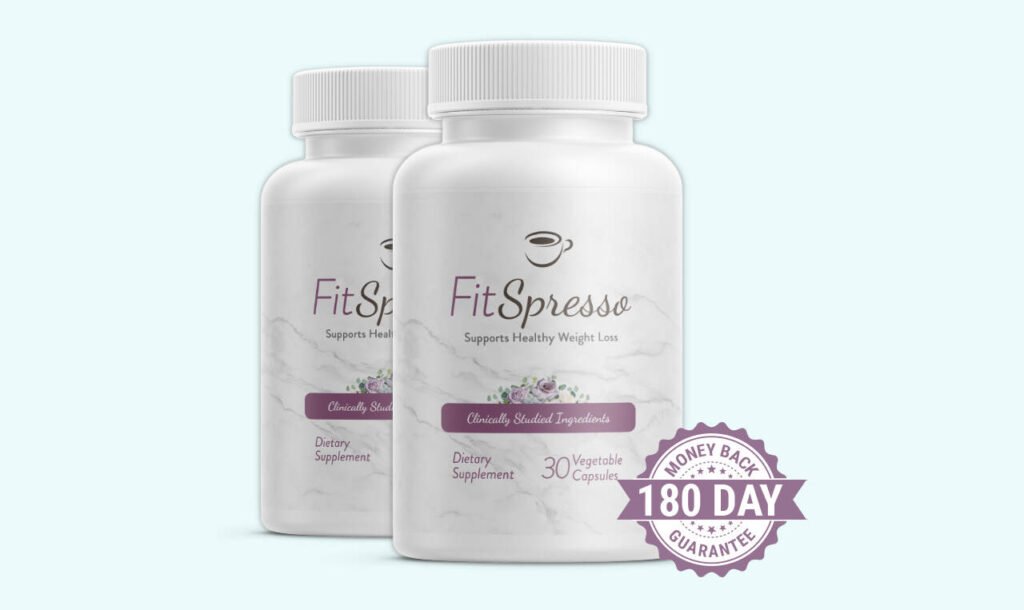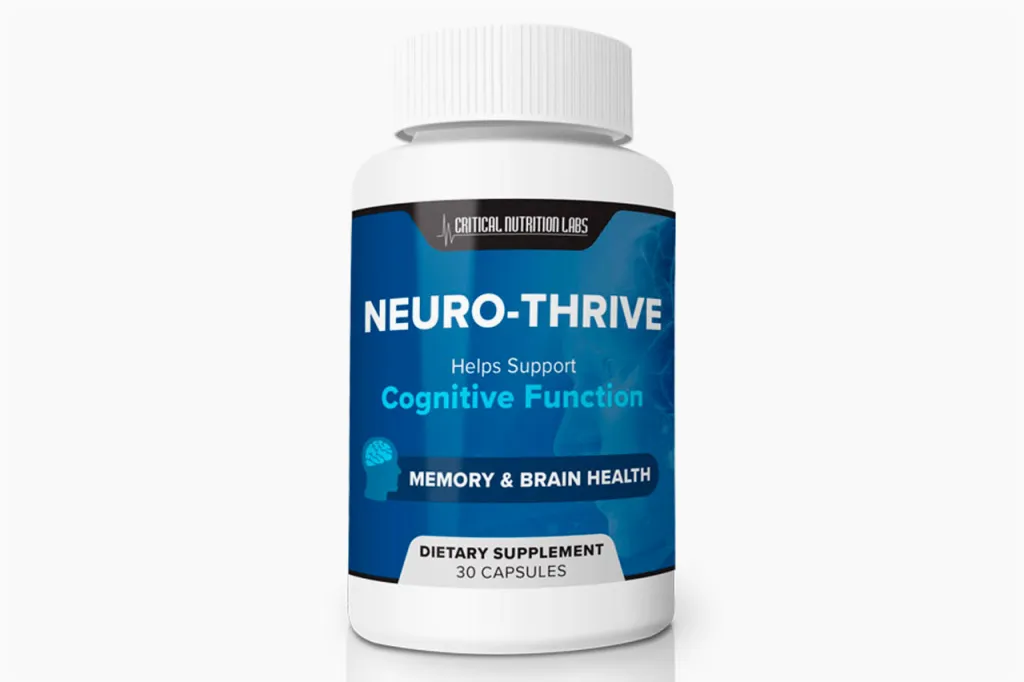Food sources of vitamin B1 includes lentils, whole wheat bread, asparagus, navy beans, sweet potatoes, macadamia nuts, sesame seeds, shellfish, organic edamame, brussels sprouts, beef liver, brown rice, and oatmeal.
Your body does not produce vitamin B1 or thiamine. Therefore, you need to incorporate foods packed with the vitamin in your daily diet. Thiamine is necessary to carry out various metabolic processes in your body. Also, it promotes many cellular functions as well.
Consuming a diet packed with vitamin B1 helps convert carbohydrates to energy that is essential for overall strengthen of your body. This process also supports your metabolism. Moreover, the adequate levels of thiamine facilitate the functioning of the liver. Also, vitamin B1 can become your beauty secret by improving the condition of hair, skin, and nails.
For nursing mothers or pregnant women, health experts recommend 1.4 – 1.5 mg of the vitamin whereas an average adult should consume at least 1.1 mg of thiamine in a day to prevent its deficiency. It is worth noting that vitamin B1 deficiency is rare. It occurs slowly but leads to severe health complications if not treated on time.
Therefore, incorporate the following foods into your diet and obtain vitamin B1.
Food Sources of Vitamin B1

1. Oatmeal
Fortified meals such as oatmeal are packed with B vitamins including vitamin B1. The content of the vitamin varies from brand to brand. However, consuming oatmeal regularly can do wonders for your overall health. One-cup cooked-in-water oatmeal provides around 16.7% thiamine, which is necessary for adults.
Health benefits of oatmeal are that it absorbs excess cholesterol, improves stomach health, treats indigestion, and promotes your cardiovascular health.
2. Brown Rice
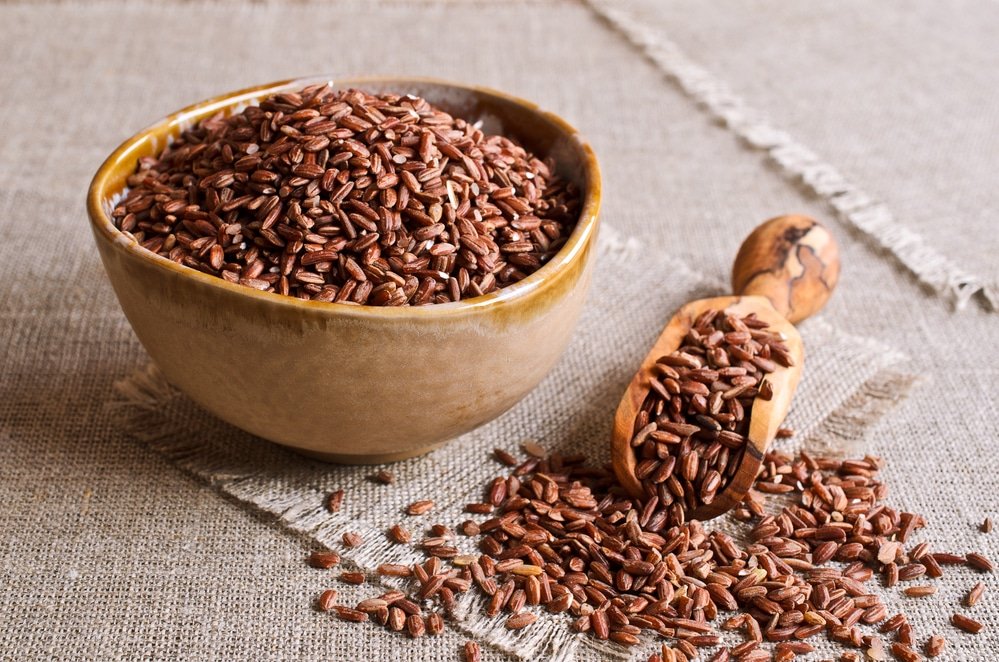
You get up to 16% of vitamin B1 from one cup cooked brown rice. This rice variety is nutritious and low in calories. Therefore, if you are looking for food sources with fewer calories, brown rice seems ideal. Furthermore, many obese individuals struggle to curb rice craving. They can also incorporate moderate servings of brown rice into their diet.
Health benefits of brown rice are that it balances insulin sensitivity, controls heart rate, promotes circulation, and keeps you full for long hours.
3. Beef Liver
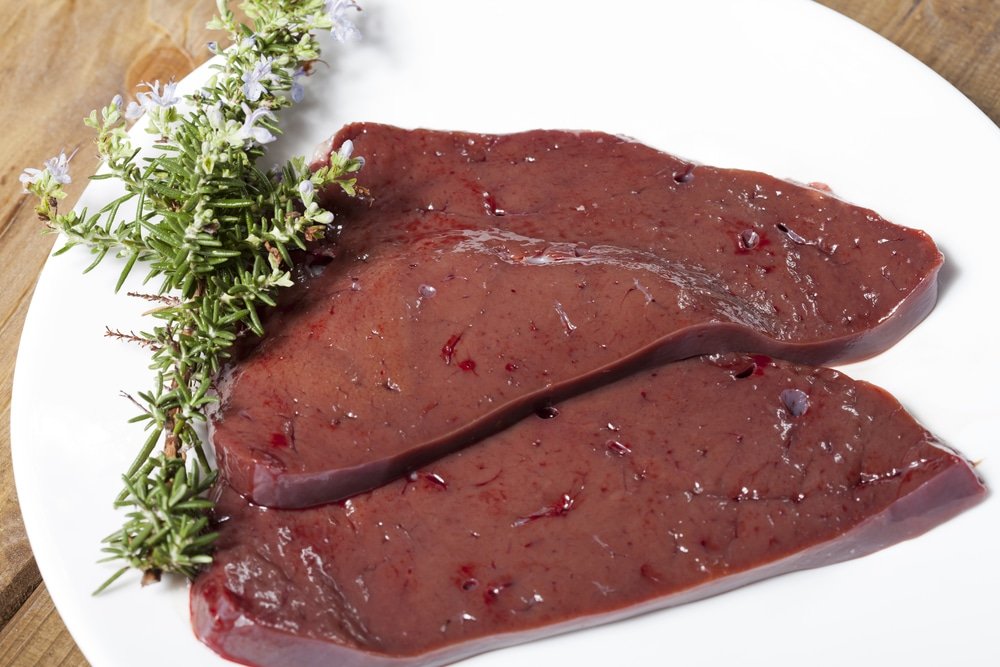
13 ounces of cooked beef liver contains 26% thiamine, which is more than your daily requirement. That is why nutritionists recommend incorporating certain parts of animal meat into your diet. Also, beef liver is one of them that you should eat at least once a week.
Health benefits of the beef liver are that it treats anemia, promote cardiovascular health, balances blood pressure, and keeps your body energized.
4. Brussels Sprouts
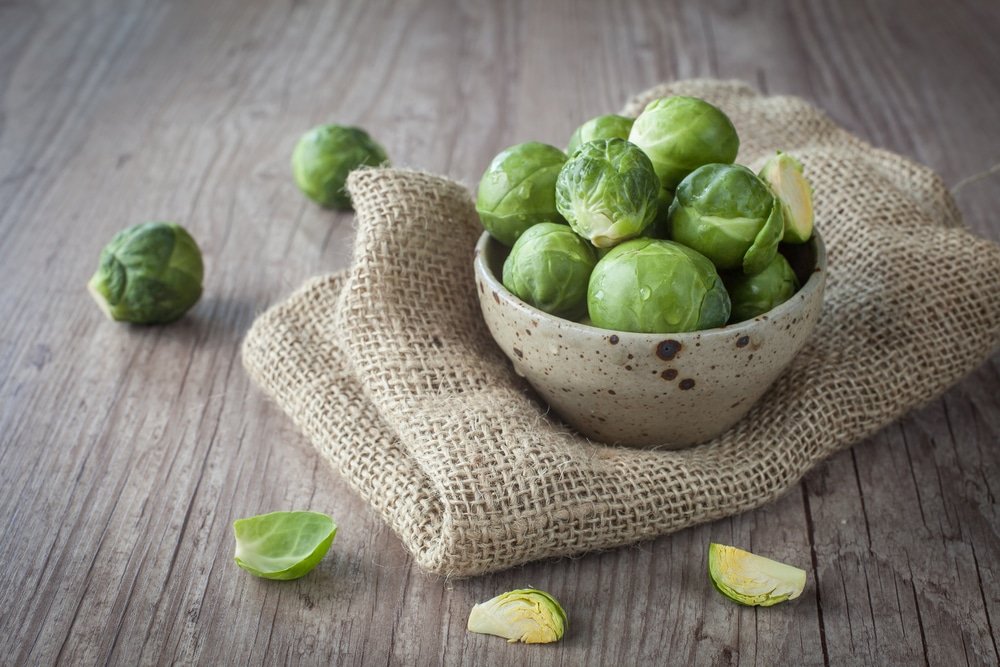
This is one of the super foods that contain a considerable amount of vitamins and minerals including thiamine. You can consume half cup cooked Brussels sprouts to get around 13% of vitamin B1. Adding food sources like Brussels sprouts also help in preventing several nutrients deficiency.
Health benefits of Brussels sprouts are that they combat heart diseases, promote cardiovascular health, improve brain health, and produce red blood cells.
5. Organic Edamame
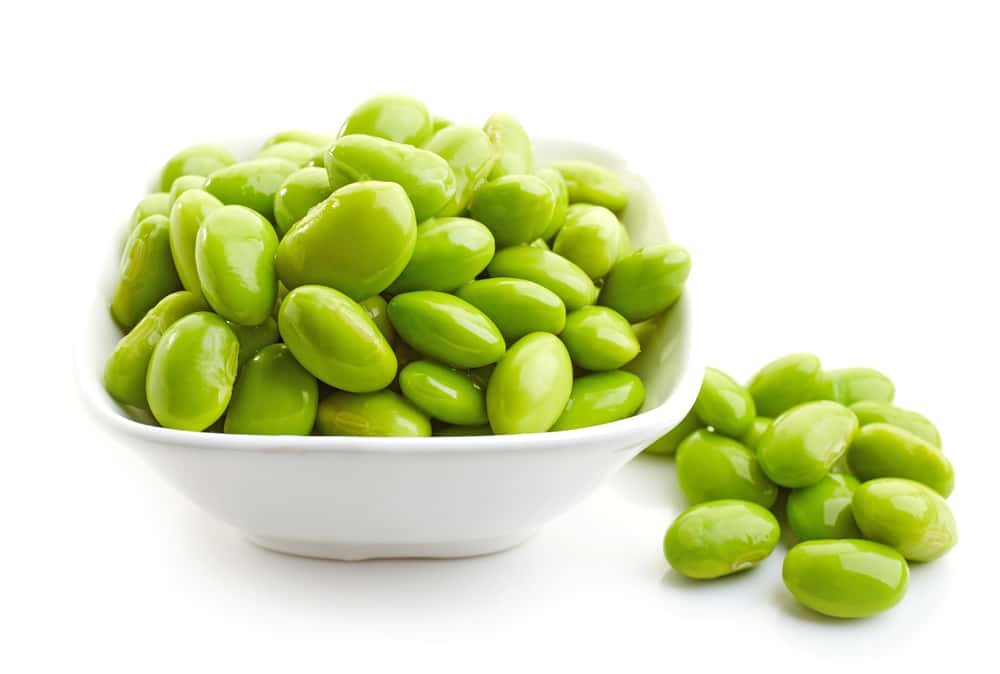
Roasted, steamed, or even fried edamame is an excellent source to obtain vitamin B1. One serving of it provides up to 25.8% of the vitamin. You can eat this delicious vegetable as a snack or add it to quinoa salad to get thiamine daily.
Health benefits of edamame are that it is low in calories, helps you lose weight, treats indigestion, and prevents the risks of stomach disorders.
6. Shellfish
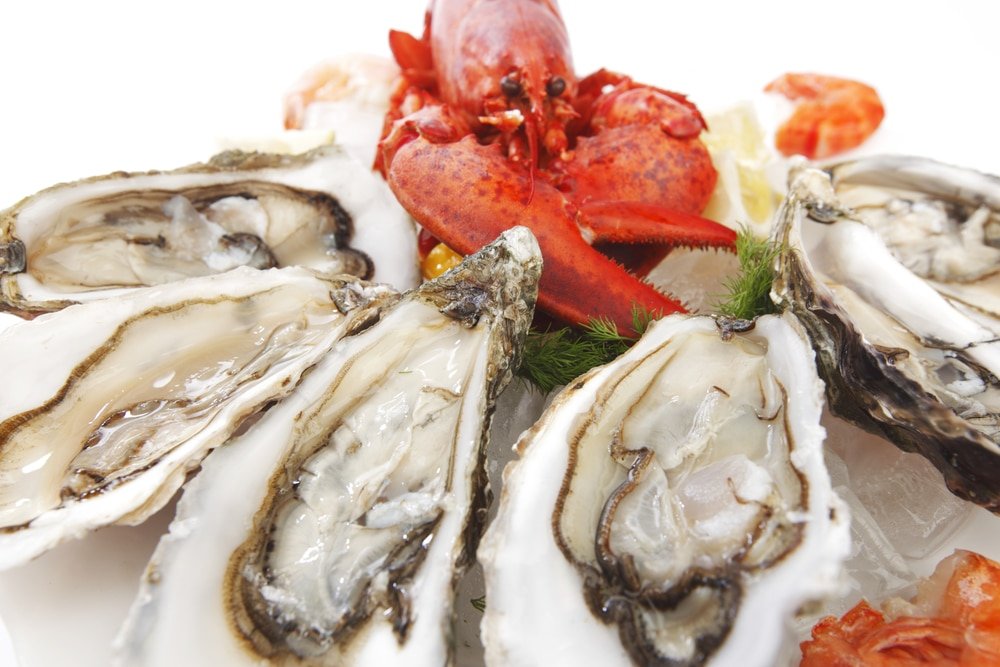
Shellfish prepare with ginger and parsley is not only a savory meal, but it boosts vitamin B1 levels in your body. You should also consume seafood chowder or stew to get a considerable amount of thiamine. Bluefin tuna and smoked trout are also great sources of the vitamin. Therefore, you need to add shellfish and other seafood variety to your diet to keep vitamin B1 deficiency at bay.
Health benefits of shellfish are that it improves heart rate, promotes circulation, treats eye diseases, prevents age-related memory loss, and controls cholesterol levels.
7. Sesame Seeds
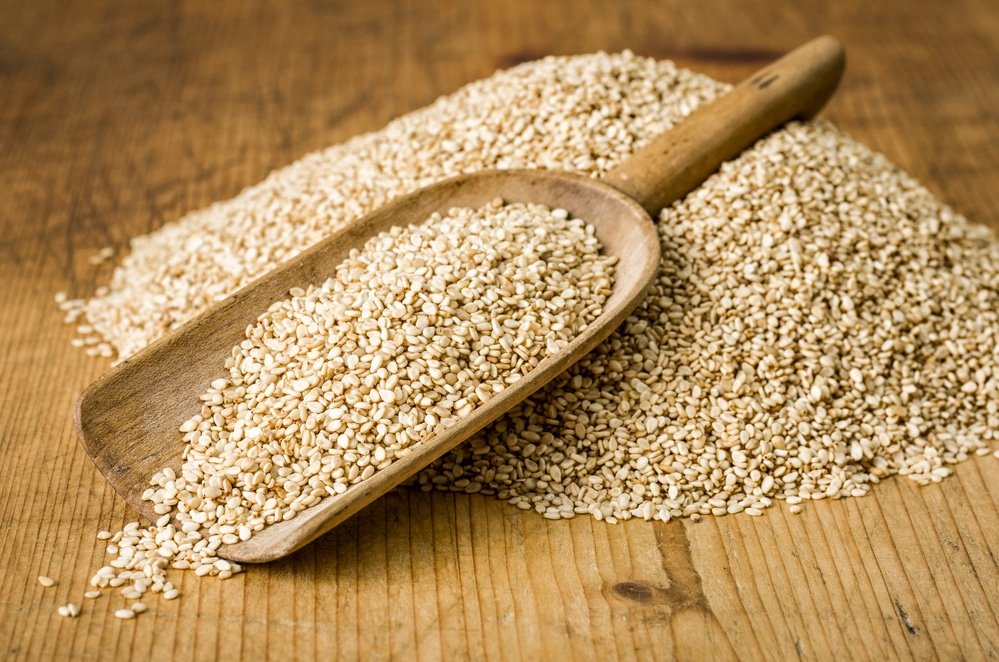
Middle Eastern recipes like tahini can become a mouthwatering source to obtain vitamin B1. Sesame seeds do not only enhance the flavor of your meals, but they provide a slew of nutrients as well. When it comes to balancing the thiamin levels in your body, try to add sesame seeds to salads and other recipes to get the vitamin.
Health benefits of sesame seeds are that they keep you energized, promote the nervous system, facilitate thyroid glands, and increase bone density.
8. Macadamia Nuts
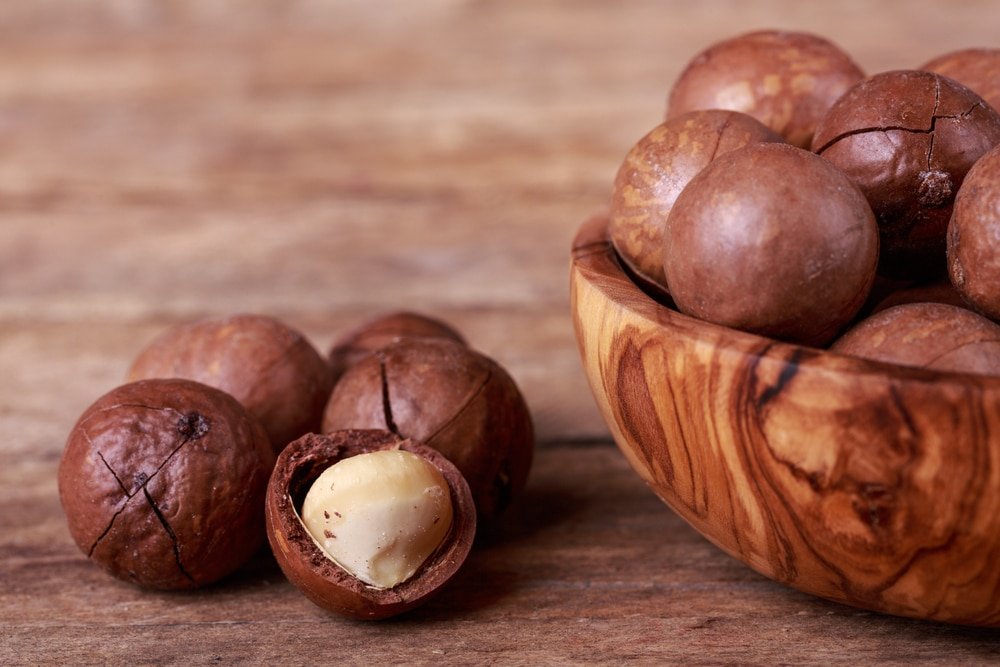
If you are not a fan of macadamia nuts, you should learn that these nuts are packed with vitamin B1. One ounce of roasted macadamia nuts provides up to 16.8% of thiamin, which is necessary to strengthen your body. You can also try pine nuts in case macadamia nuts are not available to get 8.6% of the vitamin. The content of thiamine is moderate in pine nuts, but it adds up to your daily requirement.
Health benefits of macadamia nuts are that they control cholesterol levels, balance blood pressure, keep insulin sensitivity on track, and boost energy levels.
9. Sweet Potato
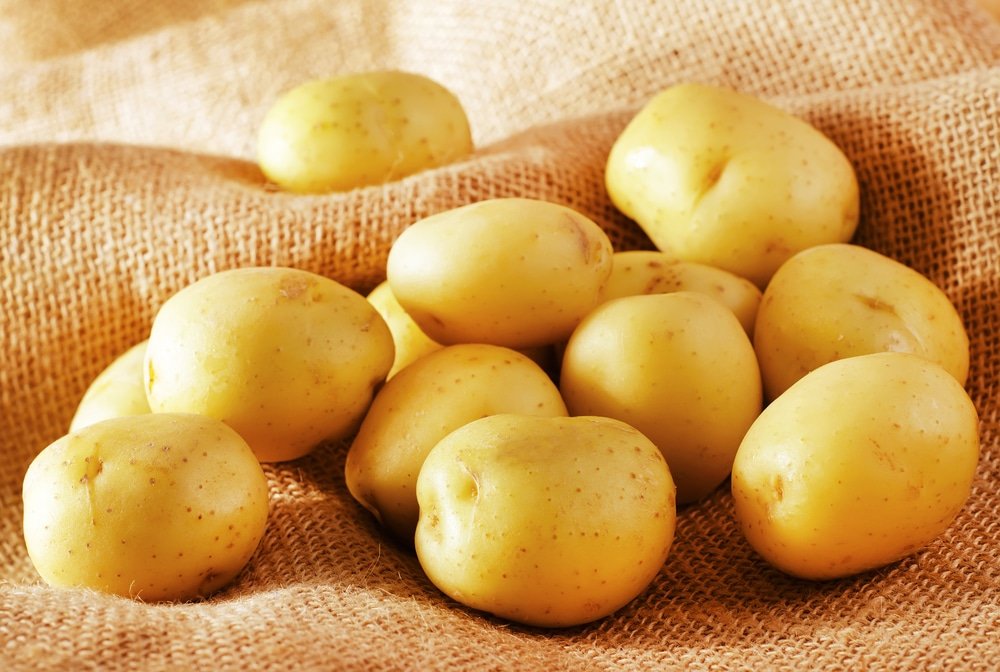
Replacing potato fries with baked sweet potato fries is an ideal way to stock up thiamine in your body. The flesh of sweet potato is rich in B vitamins including vitamin B1. This delicious food is easy to incorporate into the diet of children to promote their healthy development.
Health benefits of sweet potato are that it keeps you full hours, boosts metabolic rate, increases immunity, and prevents bone deterioration.
10. Navy Beans

44% of thiamine in navy beans is convincing enough to eat them on a daily basis. This whopping amount of the vitamin in navy beans makes it an ideal food source for children and adults alike. So, add them to salad or stew and eat a nutrient-packed meal.
Health benefits of navy beans are that they treat digestion, promote the growth of good bacteria in your gut, boost circulation, and absorb excess cholesterol.
11. Asparagus
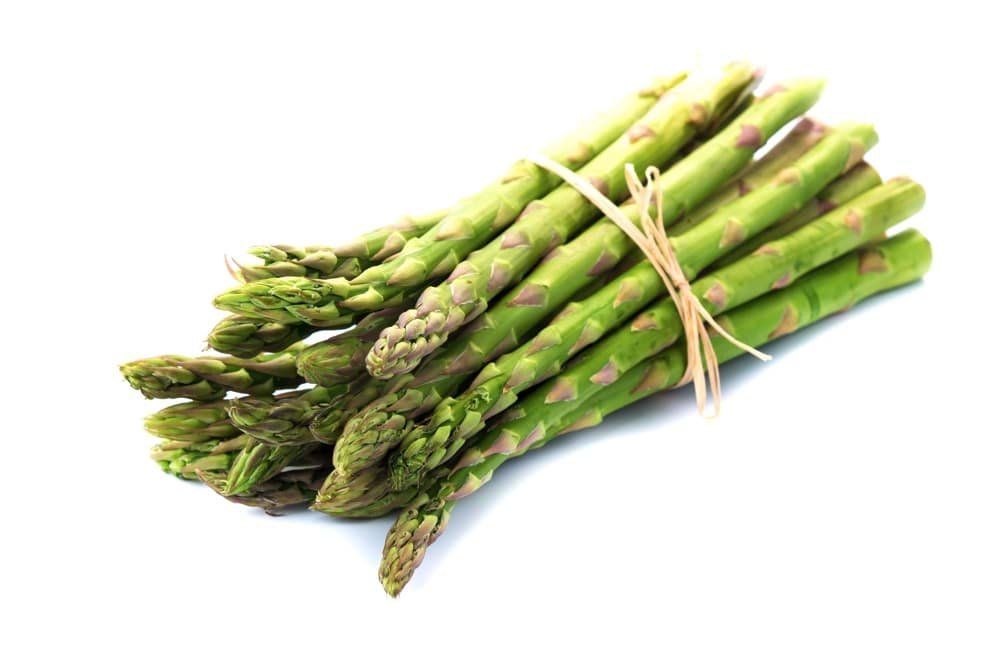
Eat it raw or add it your salad, asparagus is beneficial in both forms. You obtain up to 26% of vitamin B1 from asparagus. Therefore, do not forget to add some when you prepare salad next time.
Health benefits of asparagus are that it controls blood pressure, combats risk of indigestion, helps produce red blood cells and supports neurological health.
12. Whole Wheat Bread
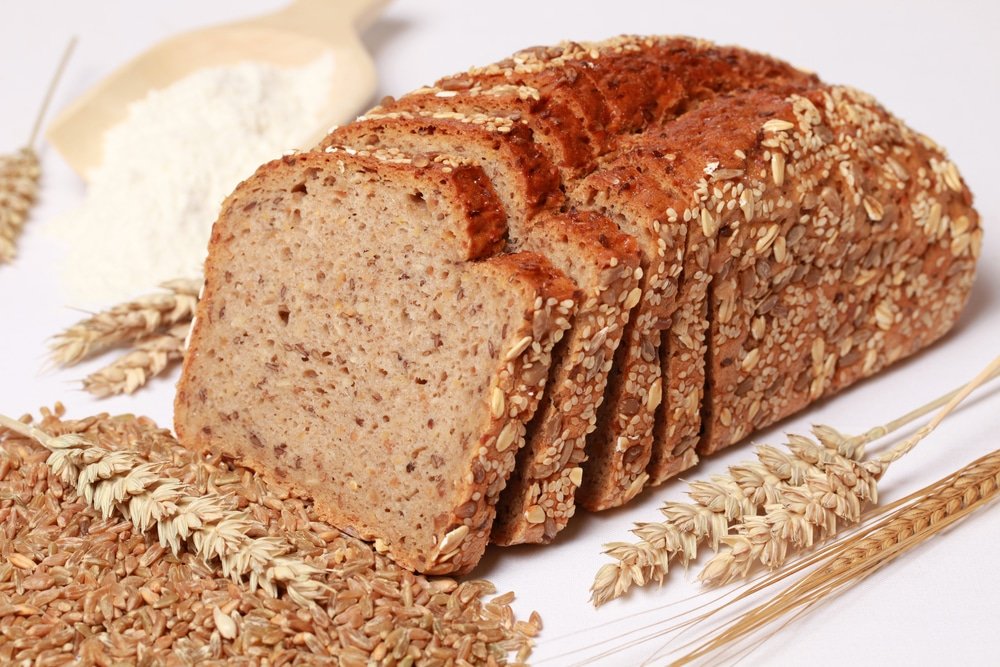
If you cannot stop eating bread, replace regular white with a nutritious variety. One slice of whole wheat bread provides 0.2mg of thiamine, which can add up to your daily requirement.
Health benefits of whole wheat bread are that it absorbs excess cholesterol, balances blood pressure levels, promotes circulation, and curbs appetite.
13. Lentils
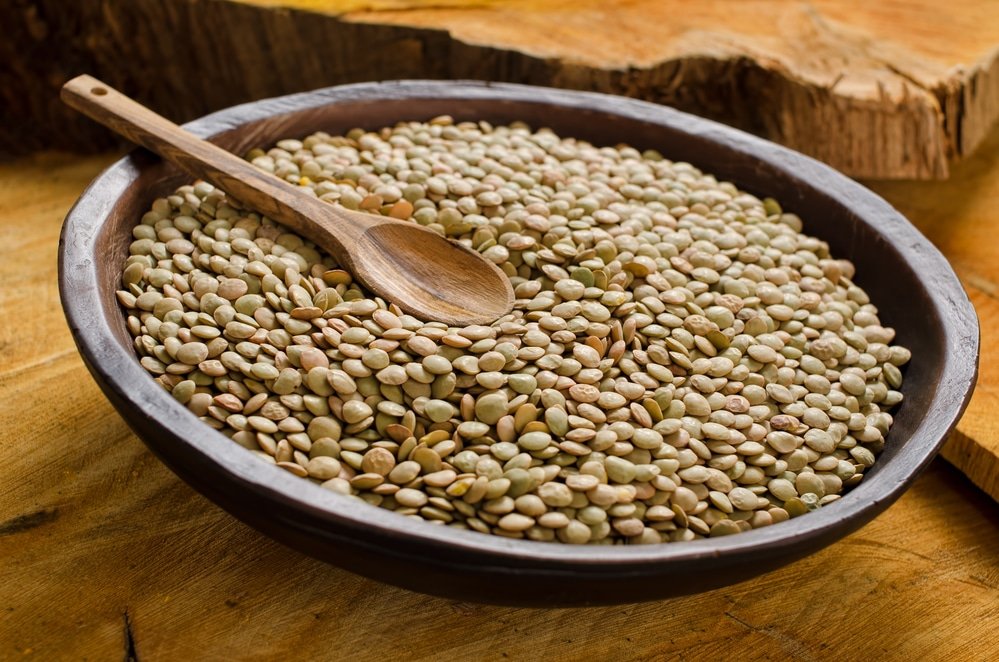
One cup of lentil soup is a savory option to get up to 44% of vitamin B1. You can opt for any lentil variety to consume a power pack meal. Cooked lentils in any form make great lunch and dinner meal options.
Lentils health benefits includes promoting healthy pregnancy, boosting energy level, promoting intestinal regularity, supporting weight loss, regulating blood sugar levels, buffering the effects of free radicals and preventing cancer. Other benefits includes lowering cholesterol level, decreasing the risk of heart diseases, help maintaining an ideal blood tonicity, and preventing blood vessel atherosclerosis.
Bottom Line
You can obtain thiamin from many food sources. However, in the case of its deficiency, we suggest opting for medical help.
